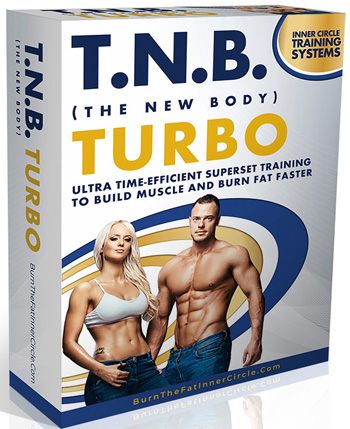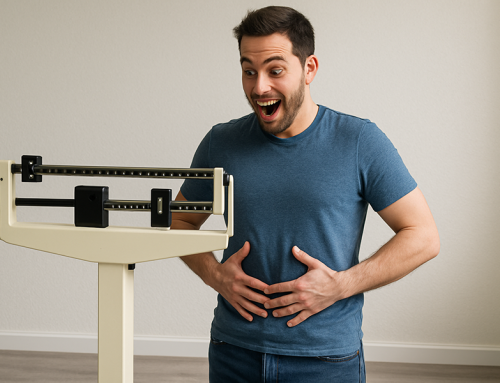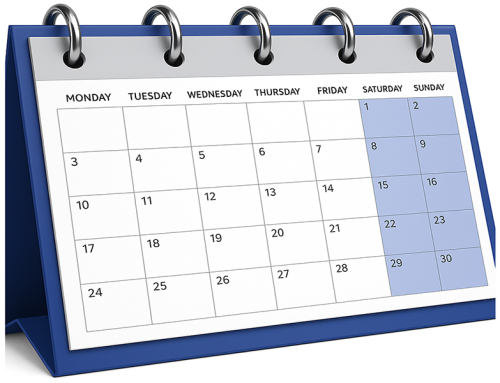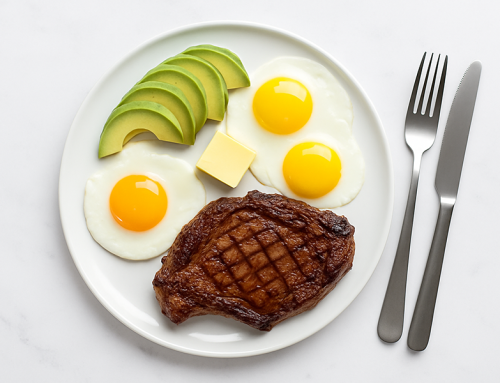Not losing fat? Not gaining muscle? Thinking you need a new diet? Different training plan? Well, hang on. First, how’s your sleep? Poor sleep hygiene and sleep deprivation can stop fat loss and muscle growth dead in its tracks. Below you will see a checklist of the top 20 tips for better muscle-building, fat-burning sleep, according to science.
After you look over this list, I’d be curious to hear how you think you’re doing? Anything on this list you’re NOT doing, that might be holding you back?
Me: I know I’m still guilty of coffee later in the day and still occasionally on the laptop or iPhone late at night… I’m working on it!
 The Top 20 Sleep Habits For Weight Loss And Muscle Growth
The Top 20 Sleep Habits For Weight Loss And Muscle Growth
1. Wake up at the same time every morning (failure to keep a regular wake time has been strongly correlated to higher body fat levels).
2. Go to sleep at approximately the same time every night, remembering that you still have to get up at the same time if you go to bed later.
3. Aim for 7 to 9 hours of quality sleep every night. Individuals may have different needs, (Maybe if you’re Arnold or the Rock, you’re fine on 6), but on average, less than 7 hours is sub-optimal. 5.5 hours or less has been shown in research to have extremely negative effects on body composition (with a calorie deficit, weight is still lost, but more of the weight comes in the form of lean body mass when you’re sleep deprived).
4. Don’t oversleep. More than 9 hours is not better. Sleep benefits do not come in dose-response manner beyond 8-9 hours, rather the positive responses to sleep duration show up in a U-shaped curve. Too much sleep can have negative effects as well. Don’t be a bum. When it’s time to get up, get up!
5. Make note of the temperature in the room and how it affects your ability to fall asleep and your sleep quality. Find the temperature you sleep best in and do your best to maintain that temperature through your combination of heat, air conditioning, blankets and clothing.
6. Do not drink coffee or consume caffeinated beverages late in the day (late afternoon or evening). Caffeine has a half life of around 6 hours and may disrupt sleep.
7. Consume alcohol only in moderation (1 or 2 drinks) or do not drink at all. Alcohol can disrupt sleep cycles and drinking often goes hand in hand with late nights as well as unrestrained eating.
8. Use your bedroom only for sleep and that one other thing. (Let your bed become associated almost exclusively with sleep).
9. Make it a ritual to wind down late in the evening with reading (print books) or some type of relaxation activity (not TV or internet) or even meditation.
10. Bring daily events to closure if possible; don’t go to bed with problems swirling in your mind (going to bed after reviewing your positive goals or projects for the next day on the other hand is okay, as your subconscious will work on them overnight).
11. Do not use smartphones, tablets, computers or electronic screens or devices of any kind close to bed time. The light emitted from these screens can disturb your circadian rhythms and keep you awake. This is a big one! Disobey at your own risk.
12. Keep bright light out of your bedroom at bedtime (if necessary, use blackout shades, an eye mask, and so on).
13. Check for and consider whether even dim lights such as those on clocks, stereo equipment, appliances and so on may be disrupting your sleep or preventing you from easily falling asleep. darken the room as much as possible, including minor light sources.
14. Brighten the room, with sunlight if possible, immediately upon awakening.
15. Stay hydrated during the day as well as before, during and after workouts, but front load the water or fluids early in the day, and taper as bedtime gets closer so you don’t have to wake up get up and go to the bathroom constantly at night.
16. If you eat late at night, make a note about how it affects you. Some people find that large meals or certain types of foods keep them awake. Some specific types of foods may on the other hand make you more drowsy. Learn to know the difference.
17. If you have trouble sleeping at night and you are a napper, try not napping during the day, especially late in the day, unless you really need it.
18. If you have trouble sleeping at night and you work out late at night, try training earlier in the day and see if it improves your sleep quality. Your response may vary – some people fall asleep more easily after a workout because they are tired, other people find certain types of exercise keeps them awake because it acts like a stimulant. Regular daily exercise does help optimize your sleep rhythms.
19. If you absolutely can’t fall asleep in a reasonably short period of time, get up, go to another room and read until you start to feel drowsy.
20. If your schedule is so busy all day and night with a combination of work, family, exercise, recreation and entertainment activities, that you find there are less than 7 or 8 hours left for sleep, learn time management and prioritization skills to create more hours for sleep.
Get your sleep, my friend!
Tom Venuto, author of:
Burn The Fat Feed The Muscle
IS FAT LOSS YOUR #1 GOAL? Burn the Fat, Feed the Muscle is the classic “bible of fat loss,” based on the tested, proven methods of bodybuilders and fitness models. The new edition is now available not only in hardcover, but also in audiobook here: https://amzn.to/2pCG7lX
IS BUILDING MUSCLE IN LESS TIME YOUR #1 GOAL? IF so, The New Body (TNB) TURBO is the program for you: Ultra-time efficient “superset” training proven by science to build muscle in 50% of the time. To learn more CLICK HERE







I am reading this on my phone in my bed before sleep definite changes to make here! I also agree about needing a routine! I spent most of my life keeping to no soecific times at all, but have recently realised I thrive on routine!
No phone and no screens of any kind before bed makes a huge difference! (so does establishing routine sleep and wake times). Cheers, Tom V